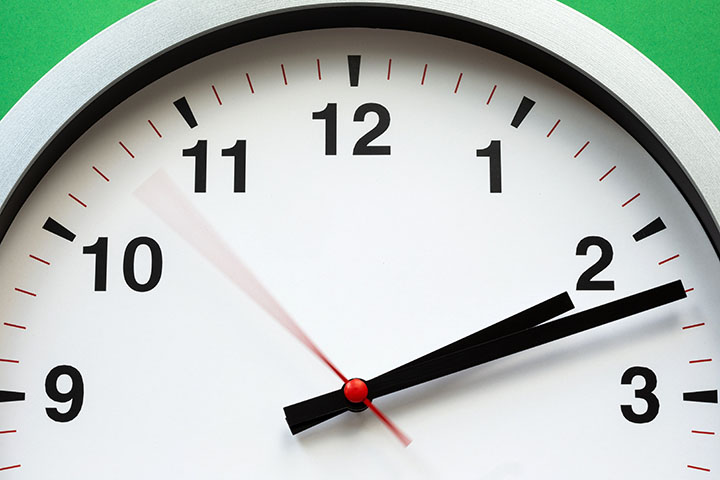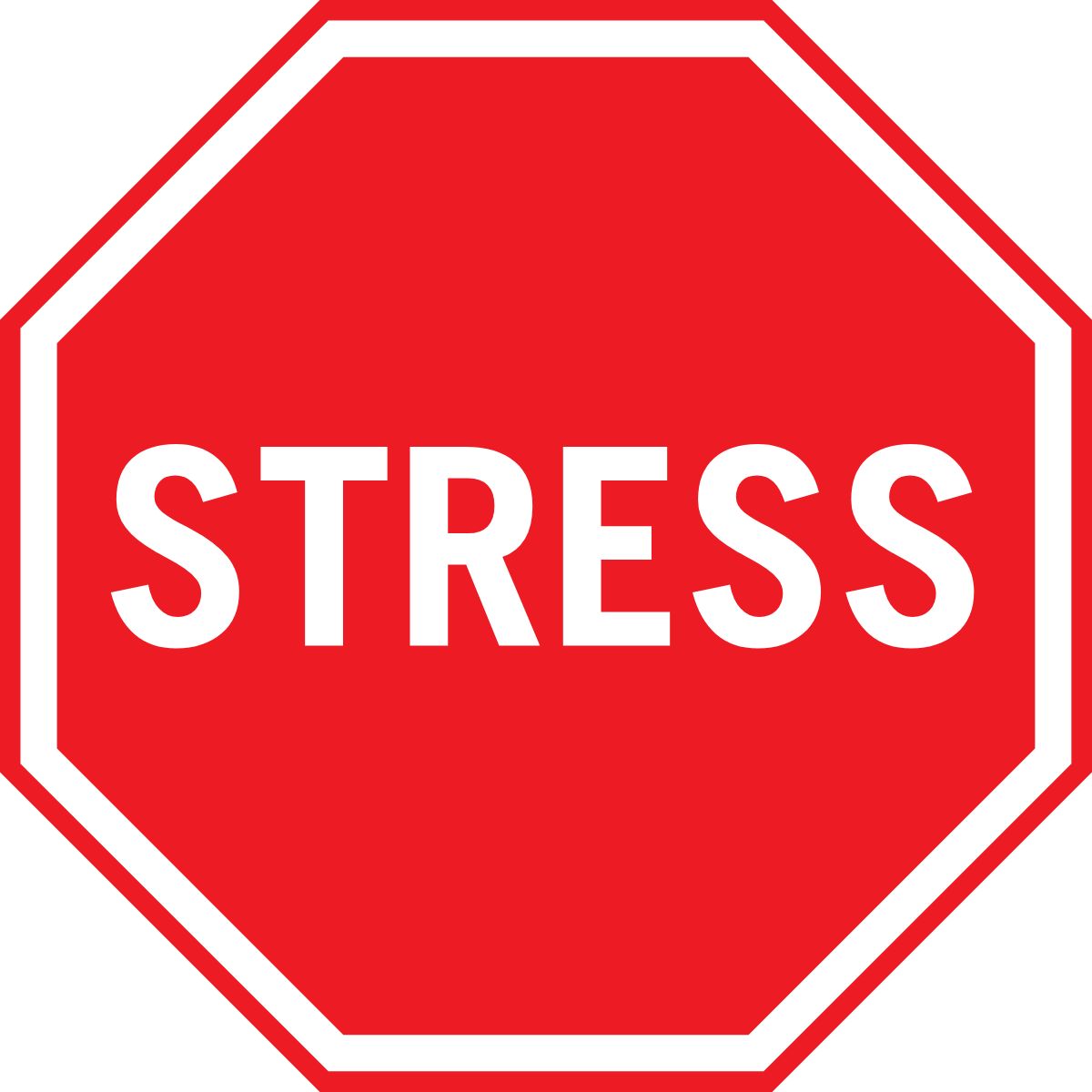When people tell me I should be doing something, my hackles go up. Not only because I hate to be told what to do, but their advice is usually based on what is best for the advisor.
I’m asked frequently what an ideal workday should look like or how many hours a person should work.
The short answer: I don’t know.
The long answer: I don’t know because we all have different capacities for work, stress, attention span, expectations, obligations outside of work… Basically, there are too many factors to tell you specifically what is best for YOU.
Here’s What I Can Tell You
The eight-hour workday is not based on science. It’s not based on any measure of productivity, how long a person can focus, or what it takes to keep the economy going.
The eight-hour workday is based on:
- Struggle: Factory workers used to work 14-hour days. Then, they struck and got it down to 10 hours a day. Then they struck and fought again to get it down to eight hours.
- Men: Our 19th-century model of work is based on one parent still being able to stay home and care for the family and home. I say “men” because women were (and still are) the expected parent to stay home.
- What Companies Can Get Away With: Companies often structure the work – whether it is knowledge-based or physical labor – around what is best for the bottom line. It is usually profit that determines how long a person has to do a task, how many people do it, and when it gets done.
Are you just as shocked as me that the amount of time we spend at work has nothing to do with… anything?
Getting away from an eight hour work day may never happen, BUT it’s more critical for you to know and understand that you shouldn’t be focusing on anything for eight hours straight anyway.
Why?
Because Science Says So
The average person only has about 2-3 hours of proactive attention each day. And for many of us, it’s the rare occasion that we have the opportunity to concentrate without interruption for that long. Ideally, you’d break that up a little bit.
“I only get 2-3 hours??? Why would I need or want to break that up???”
You and I have a lot to learn about the amount of energy our brain uses throughout the day. When you push yourself to do more than you have the capacity to do, you steal energy away from your reserves, which means you have less energy to use for future tasks.
When this happens, we rob future energy reserves and run ourselves down. Working in an exhaustive state requires more of your brain and body, so you pretty much just stay exhausted.
One of the ways you can prolong your energy is by taking short breaks. Even though you could concentrate on something for two solid hours without a break, doesn’t mean you should. By taking a five, a 10, or a 15-minute break, you have given your brain the opportunity to rest and rebuild.
Where We Also Get Stuck: Value
The value of the work you are doing also matters. It’s not always the quantity of working hours, but the quality of the job that matters to our mental and physical health.
Without really discussing it, Americans have agreed that work constitutes sitting at our desks for eight hours a day regardless of the actual need for it.
So we come up with “pretend work” – meaningless work – that keeps us tied to our desks to hit that eight hours of work. It’s that meaningless work and all of the expectations tied to it that burns so many people out.
If you really knew how much “pretend work” you do in a year, you would have figured this out sooner. Most of us have no idea. (I’m including myself here, by the way.)
How Many Hours Should You Be Working A Day?
I’m going to give you a ballpark number: 4-6 hours per day.
Our good friend Science has found that productivity falls off a cliff after 50 hours of work per week. So, if you are thinking you are a superhero for working 70 hours a week, you aren’t getting as much done as you think. Your brain starts slowing down, your ability to focus and finish tasks depletes, and the stress your body is under to work 70 hours a week starts shutting down your ability to reason and make decisions.
Some scientists say, the perfect blend of happiness, productivity, and time management happens between 36-38 hours per week.
We’re Short-Staffed, I Can’t Afford To, Etc…
This is not the answer for everyone. This is not even possible for every company to offer. And, a lot of people actually have an appetite and desire to work eight hours or more a day.
I share this information to support that gut feeling inside of you that says “I am working too hard, but I don’t think I can stop.”
Your gut is right. You should stop or at the very least try to take some breaks to preserve your energy. Continuing to push yourself when you brain isn’t into it only sucks up more energy.
And, it is okay if you aren’t “hustle culture” kind of person. You don’t have to work ridiculous numbers of hours to be or feel successful.
What you do need to do is create your own definition of success and productivity so that you aren’t stressing yourself out abiding by another person’s rules.
FACEBOOK GROUP
Join my Facebook Group! as I grow my community of boundary-minded people. Let’s learn and support each other as we create and enforce our boundaries.






